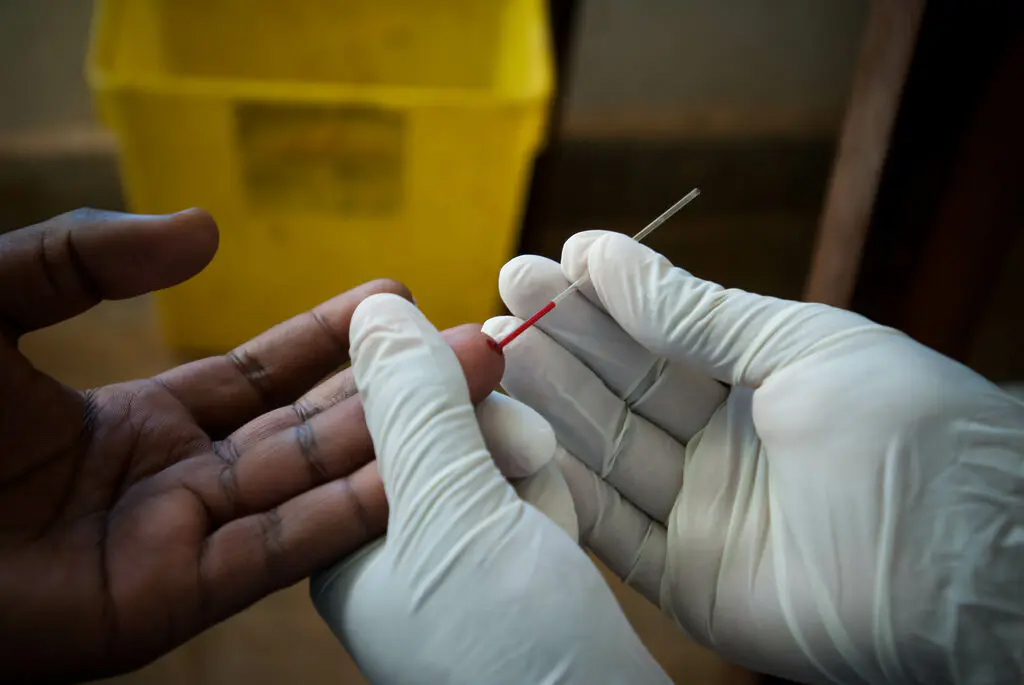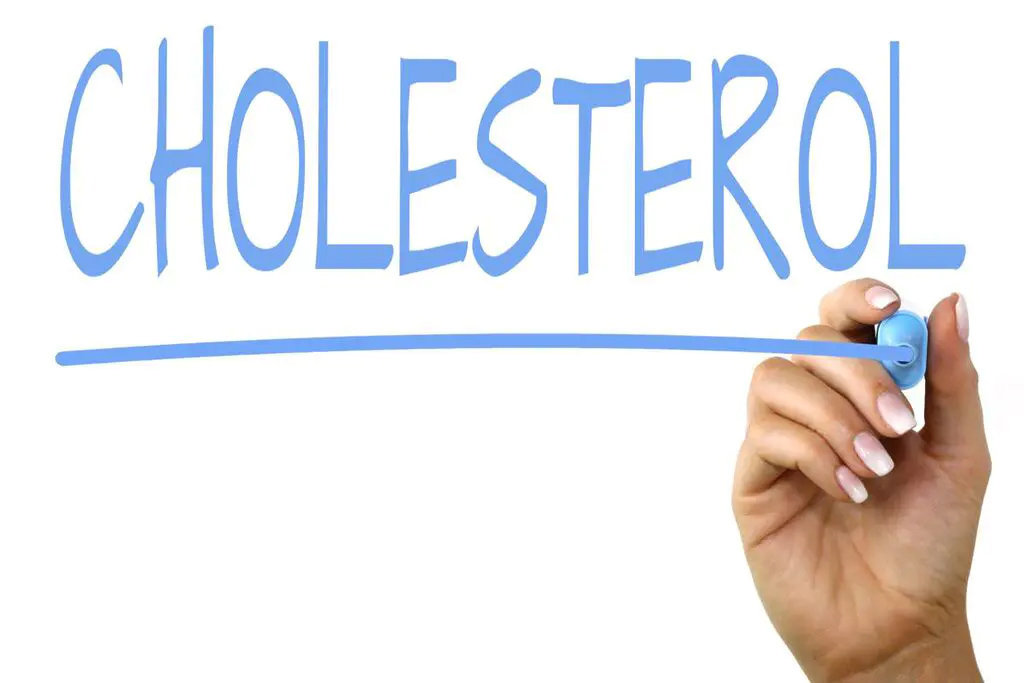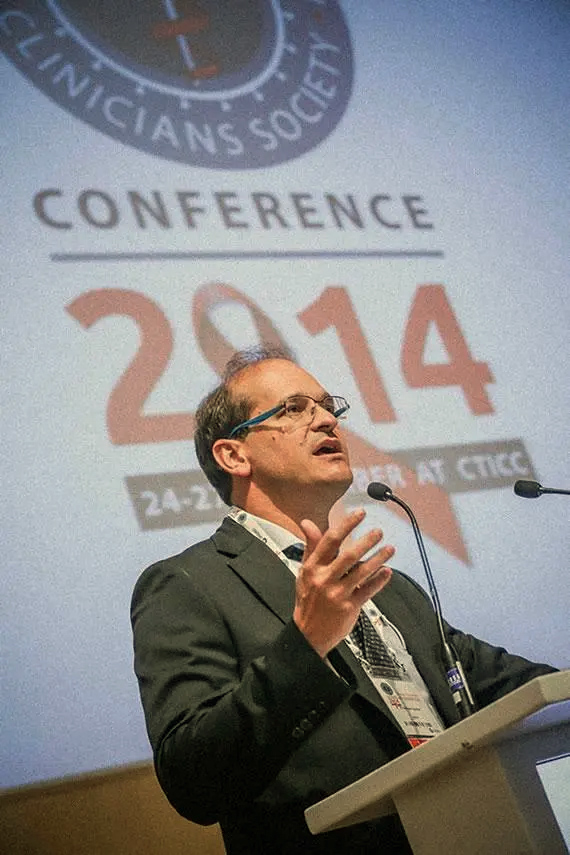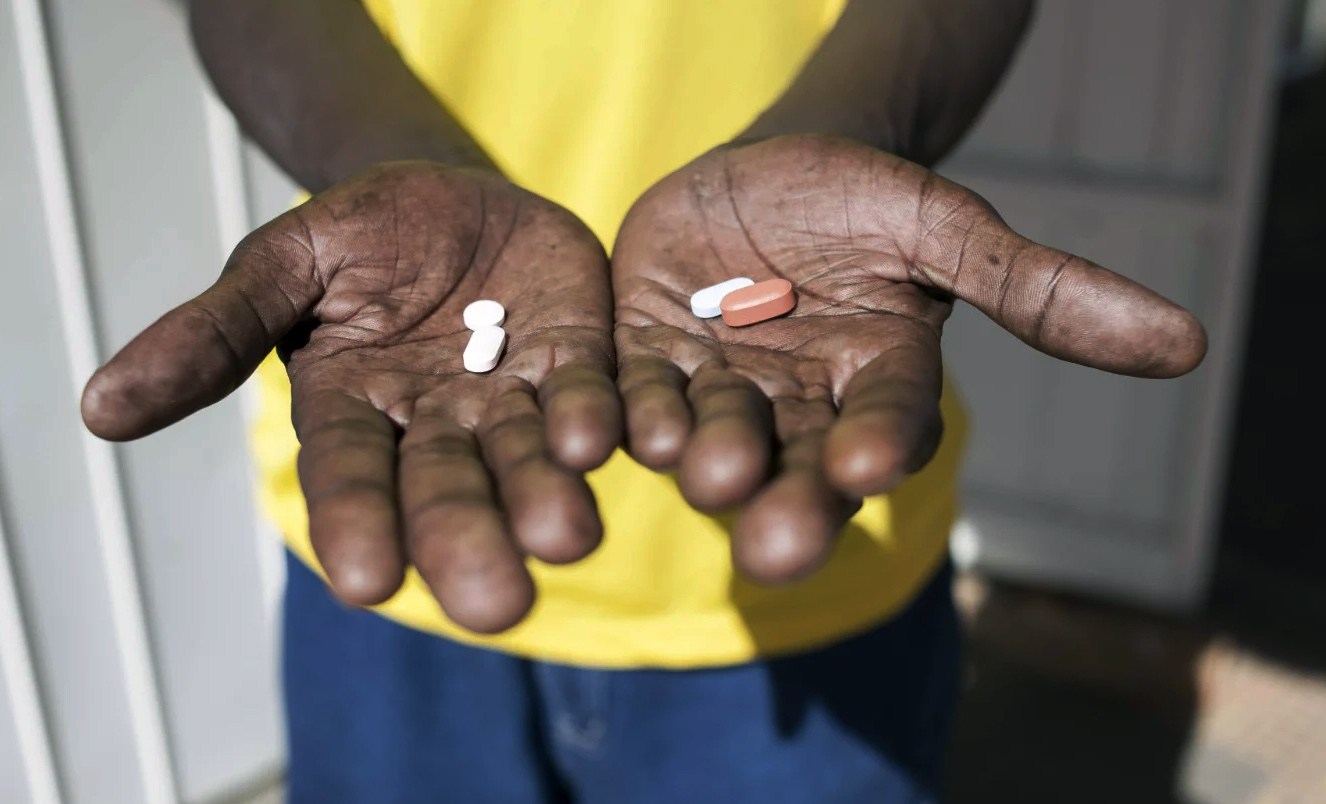HIV increases a person’s risk of developing cardiovascular disease (CVD), but there are unanswered questions about how to best manage this elevated risk. One such question is whether using a class of cholesterol-lowering medications called statins could reduce the risk of major adverse cardiovascular events (MACE) in people living with HIV who have a low to moderate risk of CVD. This question has now been answered in a study published in the New England Journal of Medicine, according to Dr Steven Grinspoon, a professor of medicine at Harvard Medical School and the principal investigator for the study.
Grinspoon presented findings from the REPRIEVE trial at the International Aids Society’s (IAS) conference this week. He said the study found that daily treatment with 4mg oral pitavastatin – a medication that lowers cholesterol levels – led to a 35% reduction in MACE compared with a placebo. He told Spotlight that MACE refers to “a composite of cardiovascular death; myocardial infarction; hospitalisation for unstable angina; stroke; transient ischemic attack; peripheral arterial ischemia; revascularisation of a coronary, carotid, or peripheral artery; or death from an undetermined cause”.
Dr Markella Zanni, an associate professor of medicine at Harvard Medical School who was also involved with the study, explained that the trial was designed with two endpoints: MACE and MACE or death from any cause. Death from any cause included “cardiovascular death, death from an undetermined cause, and death from a cause which was determined not to be cardiovascular in nature”. It was important to assess both endpoints, according to Zanni, because “when individuals are thinking of starting a medication for cardiovascular disease prevention, they may consider effects on the cardiovascular system as well as broader, potentially life-preserving effects”.
 Study findings presented this week at a major HIV conference show that taking a statin every day substantially reduces the chances of suffering a major adverse cardiovascular event in people living with HIV who have a low to moderate risk of cardiovascular disease. (Photo: Unicef Ethiopia / Spotlight)
Study findings presented this week at a major HIV conference show that taking a statin every day substantially reduces the chances of suffering a major adverse cardiovascular event in people living with HIV who have a low to moderate risk of cardiovascular disease. (Photo: Unicef Ethiopia / Spotlight)
MACE or death from any cause was 21% lower in people taking pitavastatin compared with people taking a placebo. According to Grinspoon, after one year, for those in the pitavastatin group, there was a reduction of about 30% in their low-density lipoprotein (LDL) cholesterol levels versus no change in LDL in the placebo group.
“Similar effects were seen regarding non-HDL cholesterol. The effect of pitavastatin on LDL and non-HDL cholesterol appeared to be durable throughout the follow-up period,” the study stated.
Grinspoon explained in his presentation that statins lower LDL cholesterol, which is a main driver of cardiovascular disease in people with HIV. Other factors that increase the risk of CVD are the residual immune activation and inflammation in people living with HIV.
“Pitavastatin is a moderate-intensity statin unaffected by antiretroviral therapy, with good LDL and anti-inflammatory properties. Taking all this together, we hypothesised that pitavastatin would prevent MACE-major adverse cardiovascular events – heart attacks, strokes and cardiovascular death through these effects in people with HIV at low-to-moderate risk, [which is] not a population that would be traditionally prescribed statins,” he said.
While the researchers still have to assess more of the data collected to get a clearer picture of things like the mechanisms driving CVD across regions and conduct additional subgroup analyses, according to Grinspoon, the study has already shown that using pitavastatin can save lives.
 (Image: Nick Youngson / Spotlight)
(Image: Nick Youngson / Spotlight)
Study design
The study included a large population of more than 7,700 (7,769) participants from 12 countries who were followed up for five years. Participants had to be stable on antiretroviral treatment (ART), without any known atherosclerotic cardiovascular disease (heart disease caused by the build-up of plaque, ASCVD for short), and have a low to moderate risk of CVD, which was determined by an ASCVD risk score and LDL levels.
Roughly half of the study participants were given pitavastatin pills and the rest a placebo. There were more than 3,800 people in each group and more than 80% of participants remained in the study for the five years of follow-up.
The trial was stopped early by its Data Monitoring Safety Board after it determined that MACE was significantly reduced among those who were receiving pitavastatin, according to Grinspoon.
“Serious adverse events were similar in each group. Muscle-related symptoms were higher in the pitavastatin group but were mostly mild and only 1% withdrew [due to] muscle-related symptomatology,” he said.
He said the reduction in LDL levels in the pitavastatin group was much higher than anticipated, but the data is still being analysed to determine why exactly this was the case. The effect of lowering LDL was especially high in the study population from South Asia. “We’re super interested in [answering] that question and we’re going to measure every biomarker for inflammation known to people and get the answer for you. But we don’t know why this is right now.”
Grinspoon said that several participants developed diabetes during the course of the study, but this was not unexpected as it has been seen in other statin studies and pitavastatin had no effect on blood glucose levels. “Diabetes rates were increased in the pitavastatin group, as a prevalence rate it was 5.3% versus 4% [in the placebo group]. But this increase was consistent with that seen in prior statin studies. It was not significantly above rates demonstrated for the general population and very few withdrew due to diabetes.”
 (Photo: Spotlight)
(Photo: Spotlight)
Implications
These findings may lead to changes in guidelines for prescribing statins to people living with HIV if the response at the IAS presentation and consequent panel discussion are anything to go by. Several remarks to that effect were made by the panellists.
“I think it’s obvious from this data that guidelines around the use of statins in HIV are going to change,” said Dr Anton Pozniak, president of the European Aids Trial Network. But questions still need to be answered around what statin to recommend if pravastatin is not available, who would manage the patients who are given statins, and whether pharmaceutical companies would consider combining statins with ART into a single pill.
Even though these drugs are very safe, they have occasional side-effects and have a cost, so careful analysis is needed.
“The REPRIEVE results may soon be changing guidelines and we need to see how best this can be incorporated in low- and middle-income countries,” said Dr Beatriz Grinsztejn, director of the HIV/Aids Clinical Research Unit at the Evandro Chagas National Institute of Infectious Diseases in Brazil.
“The traditional risk factors [for CVD] that happen in every population, they happen in the HIV population, and the preventive strategies for these traditional risk factors they’re not working… so the REPRIEVE results, they actually are going to stimulate conversation. Let’s go back to the drawing board, [and] see how best we can incorporate this intervention,” said Rosie Mngqibisa, the director of the Enhancing Care Foundation at the Durban International Clinical Research site.
“The REPRIEVE results now suggest people living with HIV above the age of 40 discuss with their providers the risks and benefits of statin therapy, coupled with healthy lifestyle changes. Such discussions are likely warranted even among those individuals with HIV who appear to have low to moderate traditional risk for atherosclerotic cardiovascular disease,” Zanni told Spotlight.
Local studies needed
Professor Francois Venter, the executive director of Ezintsha at the University of the Witwatersrand, told Spotlight this was an “important and brave study”. However, he doesn’t think the results could be easily transferred to South Africa, because the burden of cardiovascular disease looks very different in our region compared with the regions that the majority of study participants were from.
Only 14.9% of the participants were from sub-Saharan Africa and, according to the supplementary material for the study, 570 of those were from South Africa.
 Professor Francois Venter from Ezintsha at Wits. (Photo: Spotlight)
Professor Francois Venter from Ezintsha at Wits. (Photo: Spotlight)
Venter added that more local studies are needed before we consider making any changes related to giving statins to people living with HIV in South Africa or to “at least [get] some very good justification with new data on our kind of risk”.
He said that while pitavastatin is not currently available in the public health sector, there are alternatives and that people living with HIV are only being offered statins if they meet certain criteria outlined in the local guidelines but this does not include simply having an HIV diagnosis.
He said the data from the REPRIEVE study is causing countries that have a high burden of cardiovascular disease to think about adding statins to routine care, but that further analysis is needed. “The data is spanking new – needs a lot of interrogation. Especially as even though these drugs are very safe, they have occasional side-effects and have a cost, so careful analysis is needed,” he said.
Asked if it would be feasible to introduce statins like pitavastatin as preventive treatment for people living with HIV who have a low to moderate risk of CVD, Venter said: “We need to learn how to do this – we are seeing a large increase in hypertension, weight [gain] [and] diabetes as people age successfully on their ARVs. Even if this statin is not the first thing, there are plenty of other meds we need to use to modify cardiovascular risk.” DM
NOTE: Professor Francois Venter is quoted in this article. Venter is a member of Spotlight’s Editorial Advisory Panel. The panel provides the Spotlight editors with advice and feedback on the quality and relevance of Spotlight’s public interest health journalism. The Spotlight editors, however, remain editorially independent and solely responsible for all editorial decisions. Read more about the role and purpose of the panel here.
This article was published by Spotlight – health journalism in the public interest.





 Professor Francois Venter from Ezintsha at Wits.
(Photo: Spotlight)
Professor Francois Venter from Ezintsha at Wits.
(Photo: Spotlight)